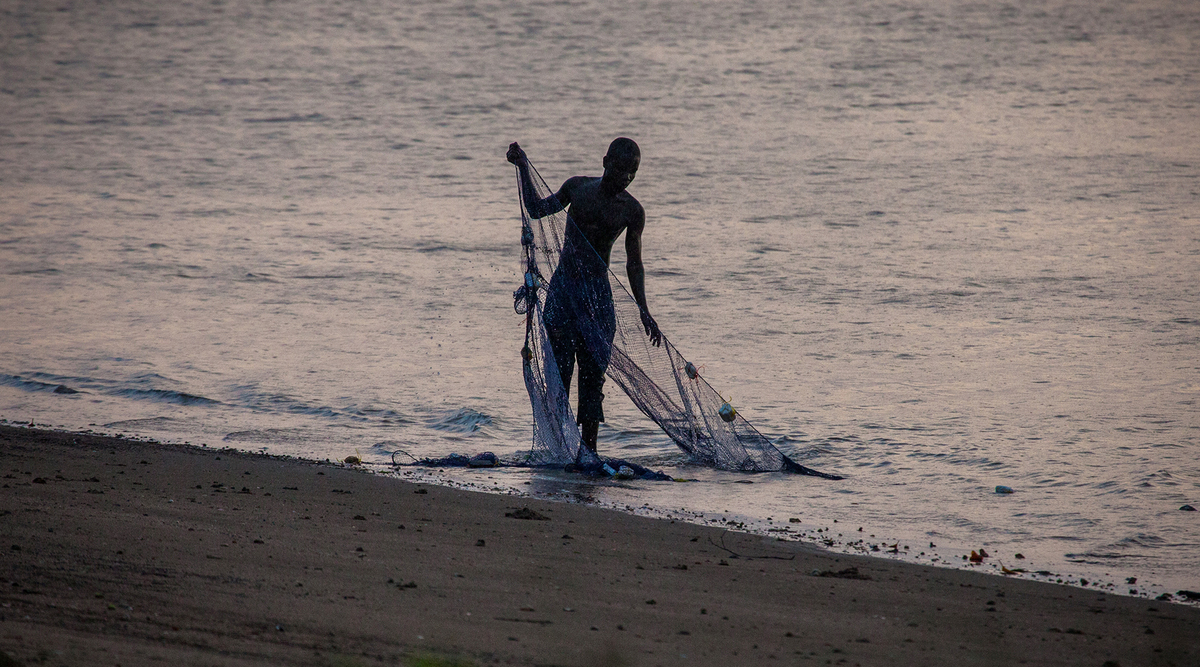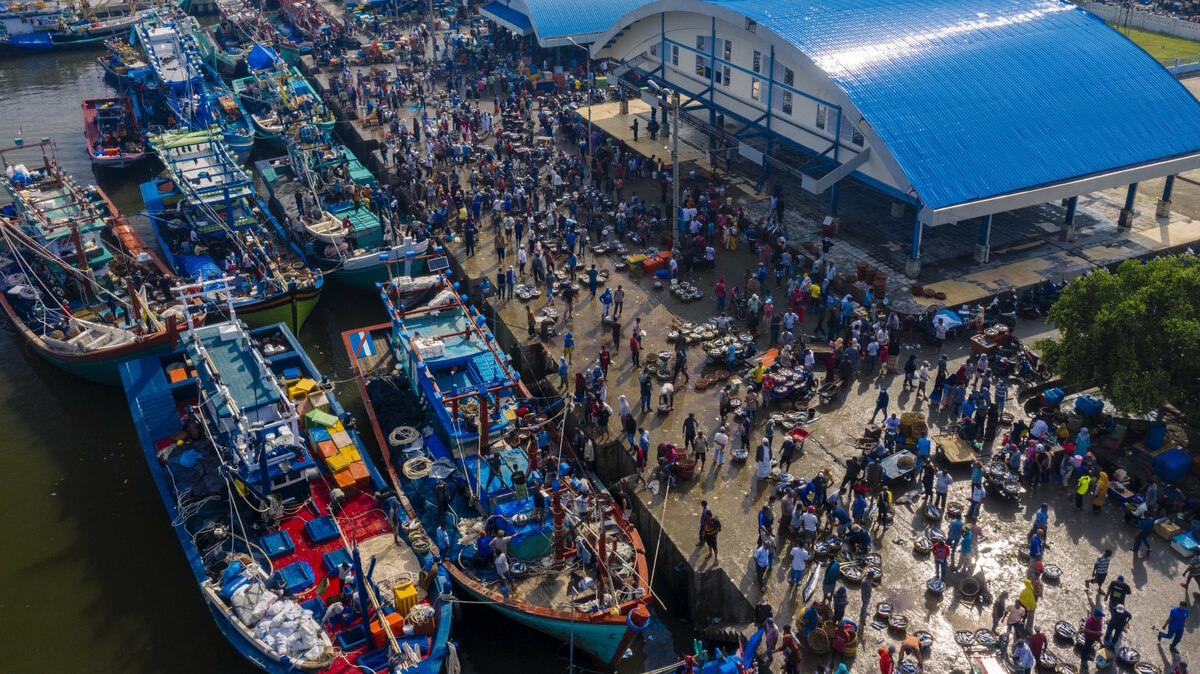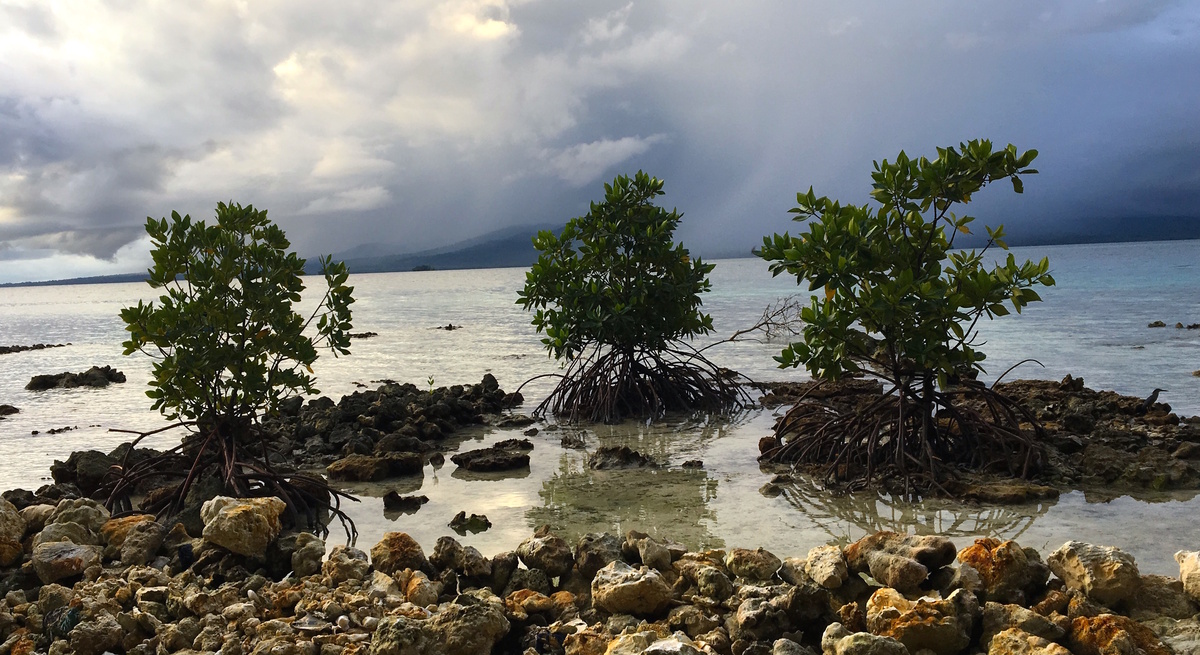Our Strategy
WCS’s Marine Program envisions a world where marine wildlife thrives in healthy seas, valued by societies that embrace and benefit from the diversity and integrity of life on Earth.
We focus on saving wildlife and wild places through credible science, practical management, applicable policy, and by engaging and inspiring people to value nature by investing time, knowledge and resources into local, national and international communities and fora.

For wildlife – with people – through commitment
Our Strategic Elements

Ecosystem Integrity
Our overriding aim is to restore the integrity of key ecosystems and the services they provide to protect both biodiversity and benefit the people who depend on them, who in turn should then support conservation.
Strongholds
WCS Marine seeks to focus its conservation efforts in those areas of high ecological integrity which provide a disproportionate contribution to ecosystem intactness, climate change resilience, unique wildlife refuges and the conservation of global and regional biodiversity. Our strongholds are selected to maximize both our local and global conservation impact.


Sustainable Financing
Having identified our focal sites, species and ecosystems we seek to put in place sustainable financing to fund conservation in perpetuity, or at least in the long term. This requires a decrease in the reliance on philanthropic grants, except in the early stages of projects, towards funding that is more integrated into the priorities of society.
Community Engagement
One of WCS’s main niches is that we engage with communities in the long-term, including Indigenous groups. We build trust, learn their issues and potential solutions, build local capacity and where possible co-design conservation solutions. Successful conservation requires the support of communities, Indigenous groups, and other stakeholders. To gain that support we seek benefits for communities from conservation that do not harm nature.


Science and Policy Development
Our science is applied and used to: identify target species, ecosystems and sites; determine baseline data to show progress; monitor and evaluate progress to inform adaptive management; assess the effectiveness of new technology or methodologies; formulate policy. We develop and advocate policy from international fora to local communities seeking to ensure it is consistent, equitable, realistic and informative.
Field Implementation and Threat Mitigation
WCS is a “doing” organization. Our science, policy and community engagement leads to tangible, practical steps in the field to manage natural systems and mitigate threats with the aims of restoring and protecting ecosystem integrity as well as gaining support from communities and authorities.


Monitoring and Evaluation
Communication and Inspiration
WCS Marine needs to communicate success to: inspire support; gain further resources; report to supporters; advocate for actions or policies. Communications need to be incorporated into all funding proposals and resources designated for this important but often forgotten element of our work to drive change in the natural environment and in society.

Sign Up for Email Updates
Get news from the field and learn about ways you can help Earth’s most threatened species.
